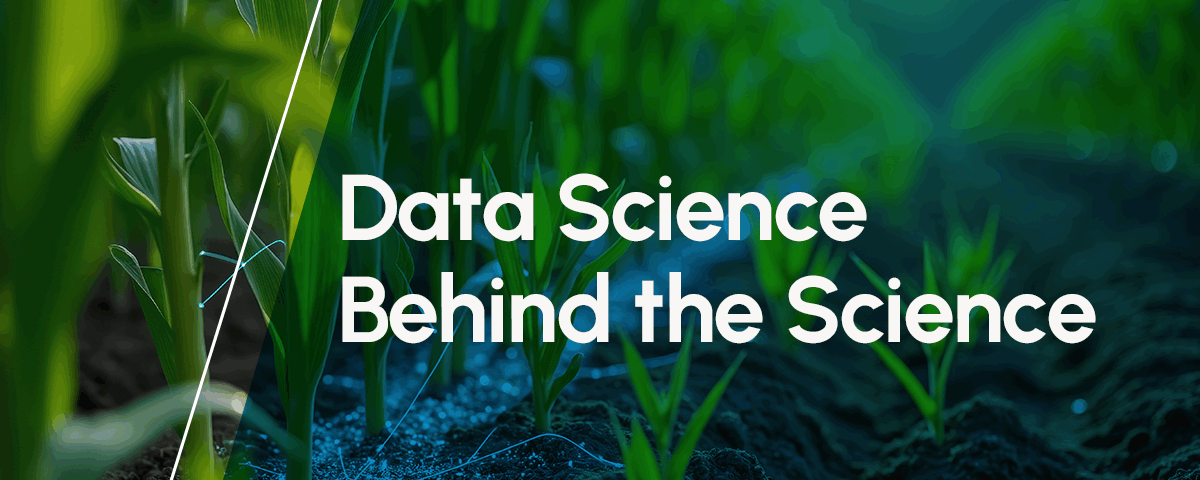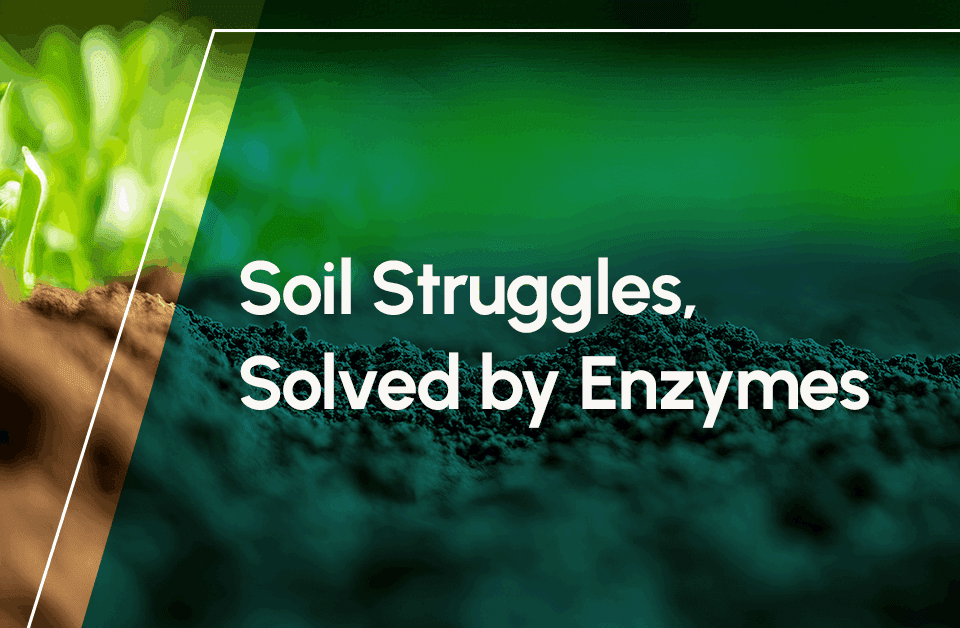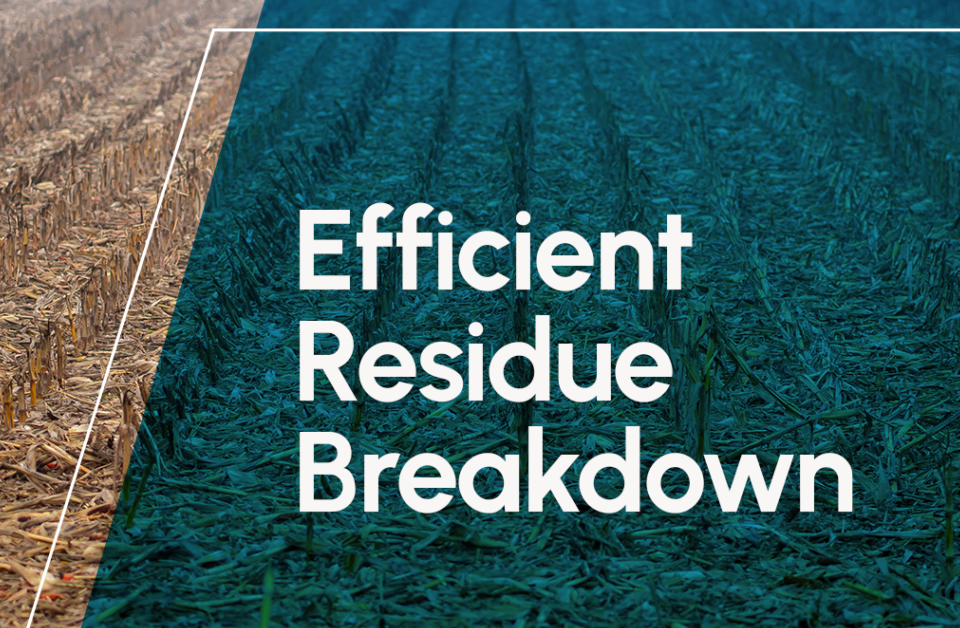
20+ countries, 50+ crops, generating more than 1,000 site-years of data

Why Enzymes Matter in Soil Health
The core of Elemental Enzymes’s work lies in developing targeted, naturally derived enzymes, peptides, and biochemistries that enhance plant health and productivity. But there’s an additional kind of science behind that science, which helps refine the data our researchers produce and provides insights to everyone within the company.
Elemental’s data science team is headed by Global Data Science Lead Jay Harrison and Data Science Technical Manager Tara Enders. This is a group of supportive experts whose backgrounds include more than a half-century of combined experience in academia and industries spanning agriculture, genetics, food manufacturing, and medicine.
Most of their work encompasses research and development with cells and plants in the laboratory, and technical and field evaluations — from planning experiments to analyzing data from those trials, to then presenting the results.
Overall, Harrison says the data science team helps ensure our plant scientists will collect enough data to support a product claim and that the results will meet rigorous scientific and regulatory scrutiny. The team also assists Elemental’s other business units as needed, often providing visual and written summaries to their colleagues in management, planning, and sales to be able to explain experimental results to customers, stakeholders, scientific peers, and industry partners.
Data science in action
The initial ideas for new technologies and products at Elemental originate with its research scientists and management. What the data science team does, Enders explains, is provide support for gathering and presenting evidence to evaluate the potential benefit and profitability of those ideas.
Part of this is assisting with planning experiments as noted above, in order to give a fair evaluation to new technologies in comparison to standard treatments in use.
To do this, data scientists analyze information from an experiment and perform tests of statistical significance to determine whether a tested technology provides an advantage that is repeatable. If so, additional analyses determine if it confers greater benefits in certain environments, by incorporating soil, weather, and plant disease conditions.
“Even the application method is typically examined for its impact on experimental results,” says Enders.
Our data science team members help ensure plant scientists collect enough data to support a product claim and meet scientific and regulatory scrutiny; and assist other colleagues with materials to help explain results to Elemental’s customers, stakeholders, and scientific peers.
Team members often use different criteria for advancing a new technology through the R&D pipeline depending on a number of factors, such as regulatory requirements and availability of field plots for testing with certain crops in different regions of the country or world.
Sometimes team members contribute to R&D with data from unconventional sources. “One example comes from analyzing data from images of plants in a growth chamber to describe their growth and health,” Harrison notes. “The data science team developed similar techniques to analyze microscopic images from the research lab.”
Unbiased support
While designed experiments will always be essential for product development in agriculture, data scientists can incorporate and analyze data from sources other than experimental results to help a business succeed. Another tool Elemental’s data science team uses, for instance, is artificial intelligence language processing to summarize the content of lengthy scientific write-ups into executive summaries for non-scientists.
With planning at the outset, our data scientists are invaluable in helping Elemental Enzymes allocate resources efficiently and identify any problems early by providing consistent, unbiased assessments of the potential for new technologies and products to succeed.




